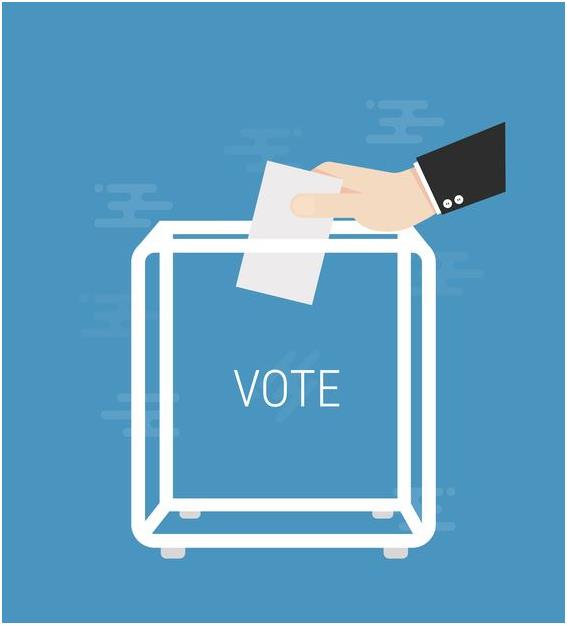 |
| ▲ Image of voting in the election (Source: gettyimagesBank) |
The 20th Presidential Election will be held on March 9, 2022. As of Election Day, citizens aged 18 or older can participate in the right to vote. Therefore, if you can participate in the vote, you will have to actively participate in the election, so that the precious rights of the people can be achieved. Let's think about the importance of participating in the election, while looking at the history and meaning of the Korean Election. If you look at the voting and counting process as a whole, you will be able to understand the process and history we have gone through to attain a fair election.
There are four principles of Presidential Elections: ordinary, equal, direct, and secret elections. Ordinary elections are the principle that anyone aged 18 or older can participate in the vote. Equal elections are the principle that everyone must vote the same. Direct elections are the principle that voters must go directly to the polling station to vote, without going through an agent. Finally, a secret election is when no one knows who each other has voted for. Korea's elections are conducted fairly based on these four principles, and efforts are being made to prevent fraudulent elections, in order to protect the people.
As for the voting procedure, the voter first checks his or her identity through his or her ID card and the Integrated Electoral Register, and then signs his or her ballot by hand. After that, the ballot is placed in a return envelope and put into the ballot box, or in the case of an elector in the jurisdiction, a ballot is issued and put into the ballot box after voting. The return envelope is taken out while the witness is watching, after the pre-voting is closed, it is sent to the local Election Commission by registered mail. As soon as the mail arrives, the Election Commission in charge, keeps it in the ballot box, and then transfers it to the ballot Counting Office after 6 p.m. on the election deadline. It is counted separately. Subsequently, the Reception, the Opening, and the Examination Department. Counting is made in a fair and scientific way through the Tally, Committee Censorship, Records, Reporting, and Organization departments. Counting will be carried out manually by the ballot Counting Clerk. The ballot box and ballot classification will be carried out in the order of operation: review, tally, check the ballot counting situation table, censorship of committee members, and announcement of the final result.
The Presidential Election became its current form after the Constitutional Amendment on October 29, 1987. This Constitutional Amendment, was a result of the June 1987 Democratic Uprising, and was a measure to prevent the evil deeds of former presidents, who continued to revise the constitution and continued in the presidency. In 1960, many citizens and students across the country took to the streets to correct democracy that had been trampled on by the dictatorship of the Rhee Syng-man Administration and the March 15 Election Fraud. Eventually, the March 15 Election was nullified, and Rhee Syng-man stepped down. In 1980, a large-scale democratization protest broke out in Gwangju, Jeollanam-do, and Chun Doo-hwan violently suppressed it. Accordingly, the people strengthened their will to protect democracy by creating a civic group and initiated the 5.18 Democratization Movement. In addition, citizens and students protested in June against the dictatorship of the Chun Doo-hwan Administration and demanded a Direct Presidential System. Through this, the 6.29 Pro-Democracy Declaration, in which the demand for democratization, including the Straight Line System, was accepted. As a result, from the 13th Presidential Election on December 16, 1987, the President was elected using the, "Presidential Straight System," in which the people voted for the President and the, "five-year single term system," in which they could not serve consecutive terms as there is a five-year limit on the Presidential Term.
Election is a valuable right of the people provided by the Constitution of the Republic of Korea and the most basic representative political action that can be practiced as an individual citizen. Therefore, elections are also called the, “Flower of Democracy,” as the most basic way for people to participate in politics: the right to exercise as the owner of the state. Accordingly, we should not forget that elections with an interest in politics are the result of efforts by the people to protect themselves. I hope you keep this in mind and exercise a meaningful vote for the upcoming General and Presidential Elections.
By Jung In-hee, reporter sugar3870@naver.com
<저작권자 © The Campus Journal, 무단 전재 및 재배포 금지>

 Shrinkflation, Consumer Deception
Shrinkflation, Consumer Deception




